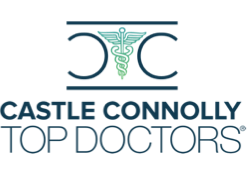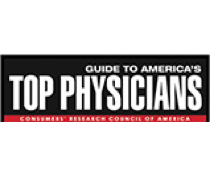 A new study published in the journal Arthritis Care and Research found that those who suffer from depression are 60 percent more likely to experience chronic lower back pain than those who do not.
A new study published in the journal Arthritis Care and Research found that those who suffer from depression are 60 percent more likely to experience chronic lower back pain than those who do not.
Depression, a common yet serious illness, is one of the most frequently diagnosed mental disorders in the US, affecting approximately 6.7% of adults each year. Patients with depression typically experience persistent sad, anxious feelings and decreased energy, often resulting in physical pain, including muscle aches, headaches, cramps and/or digestive problems.
The new study on the relationship between depression and back pain, led by Physiotherapist Marina Pinheiro from the University of Sydney’s Faculty of Health Sciences, is the first of its kind. Incorporating all relevant research in the field, including 11 studies and over 23,000 people, the study found that depression may actually trigger back pain. Those with symptoms of depression had a 2.5-fold increased risk of developing low back pain than those who did not, and the risk increased with more severe forms of depression.
Additionally, the researchers found that when coupled with depression, low back pain was more intense and harder to treat. According to Dr. Paulo Ferreira,
“When patients come to us with both back pain and depression their cases are much more complex. They don’t respond to treatment in the same way as patients who only experience back pain – they take much longer to recover and treatment can be expensive.”
While this study demonstrates an undeniable link between depression and back pain, it does not yet explain why. The research suggests that one of the main causes is behavioral. What they found was that those suffering from depression often experience a loss of interest and difficulty participating in physical activities, which affects mood and pain thresholds. Genetics could also likely play a role, as past research suggests some may be genetically predisposed to both back pain and depression.
Although the findings do not determine a cause, the study presents the opportunity for the medical community to reconsider the ways we treat both depression and physical pain, and encourages health professionals from different fields to work together more closely.
If you have been experiencing back pain, whether along with depression or not, contact our office for a consultation.









